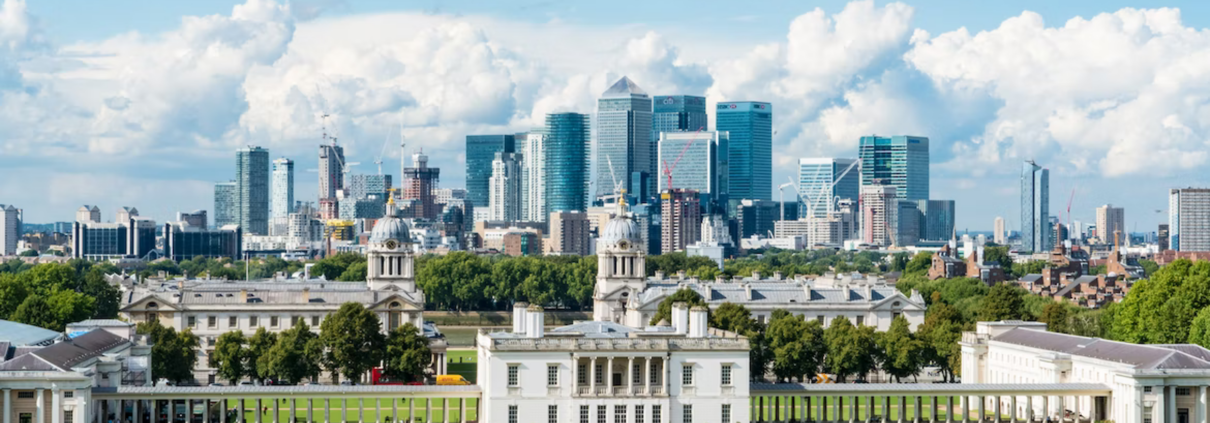Urban development must adapt to changing trends and expectations as the world becomes increasingly globalized. One of the key trends today is the growing demand for cultural experiences that enhance the lives of both residents and visitors. To stand out from the competition, real estate developers must innovate and create unique cultural experiences that add value to their projects.
Cultural tourism is one of the fastest-growing segments in the global tourism industry, with a growth rate of 15% per year, according to the World Tourism Organization. This presents an opportunity for real estate developers to create cultural experiences that not only attract tourists, but also create a sense of place and identity for local residents.
To capitalize on this trend, real estate developers need to take a sustainable and holistic approach to urban development, integrating heritage and culture into their projects from the start. This means creating communities that are rooted in history and tradition, rather than just building structures.
Many real estate developers have recognized the value of cultural experiences in their projects in recent years. The International Council on Monuments and Sites (ICOMOS) released a report in 2019 that highlighted the importance of cultural heritage in sustainable development, stressing the need to integrate cultural heritage into urban planning and design.
Authors Dallen J. Timothy and Gyan P. Nyaupane argue in their book “Cultural Heritage and Tourism: An Introduction” that cultural tourism can help to revitalize declining areas and create new cultural districts that attract investment and tourism. Cultural tourism can also provide economic benefits, including job creation and increased revenue for local businesses.
Real estate developers can integrate cultural experiences into their projects in various ways, such as creating cultural centers or museums that showcase the history and heritage of the local community. They can also incorporate local art and design elements into their buildings and public spaces, creating a unique sense of place and identity. Another innovative approach is to create mixed-use developments that combine residential, commercial, and cultural spaces in one project.
In conclusion, real estate development must go beyond building structures and focus on creating sustainable and profitable communities that enrich the lives of their residents and visitors. Urban development can be changed by integrating cultural experiences into projects, which can attract new residents and visitors and maximize the value of investments.


Great write-up, I am normal visitor of one’s blog, maintain up the nice operate, and It’s going to be a regular visitor for a long time.
My brother suggested I may like this blog. He was totally right. This publish truly made my day. You cann’t imagine just how so much time I had spent for this information! Thank you!
Wow that was strange. I just wrote an incredibly long comment but after I clicked submit my comment didn’t appear. Grrrr… well I’m not writing all that over again. Anyway, just wanted to say superb blog!
Wonderful blog you have here but I was curious if you knew of any user discussion forums that cover the same topics talked about here? I’d really love to be a part of group where I can get responses from other knowledgeable people that share the same interest. If you have any suggestions, please let me know. Many thanks!
I blog often and I really thank you for your content. This article has truly peaked my interest. I am going to book mark your site and keep checking for new details about once a week. I opted in for your RSS feed too.